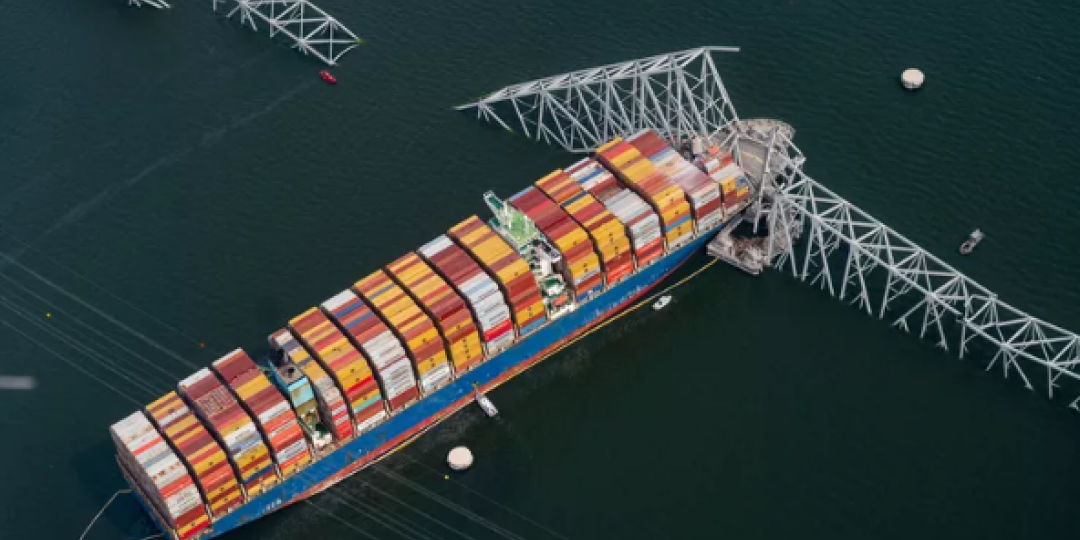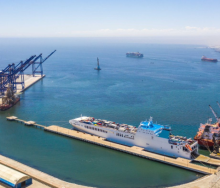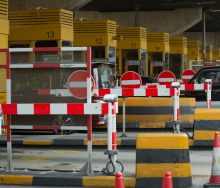The tragic collapse on Tuesday of a major bridge in Baltimore could affect automobile imports, coal shipments and transportation across the mid-Atlantic region, though analysts said the broader economic effects should be limited, Investopedia reports.
According to Richard Meade, editor-in-chief of Lloyd’s List, the Port of Baltimore accounts for 2% of global coal exports.
However, supply chain fall-out from yesterday’s bridge collapse when a fully loaded container vessel rammed into Francis Scott Key Bridge – a 2.6km-link across the Patapsco River – will most likely be easily contained.
According to Meade, Baltimore is not the biggest container port on the US eastern seaboard and supply linkages could be effectively rerouted through transhipment cargo.
Officials closed the port to ship traffic following the incident, which left six people unaccounted for and heavy debris in the water.
There’s no mistaking, though, that the incident comes with significant logistical challenges to the States.
No other port in the US brings in more vehicles than Baltimore, totalling nearly 850,000 cars and light trucks in 2023, the 13th straight year that the facility has led the nation in auto imports, according to Maryland Governor, Wes Moore.
S&P Global International statistics show the port had the second-highest coal exports in the country during the second quarter of 2023, behind only the port in Norfolk.
The incident has already undercut one major coal producer.
Pennsylvania-based CONSOL Energy said vehicle access to its marine terminal at the port had been delayed due to the Coastguard’s safety zone in the area.
The company's shares fell nearly 7% on Tuesday.
President Joe Biden said the bridge in Baltimore was "vital to our economy, and to our quality of life".
He noted that the port supported about 15,000 jobs and that over 30,000 vehicles go over the bridge each day.
Despite the disruption, analysts at JPMorgan said the economic consequences should be muted.
Vessels are already diverted to other ports, including the Port of Virginia, which said it had the capacity to handle the extra loads.













